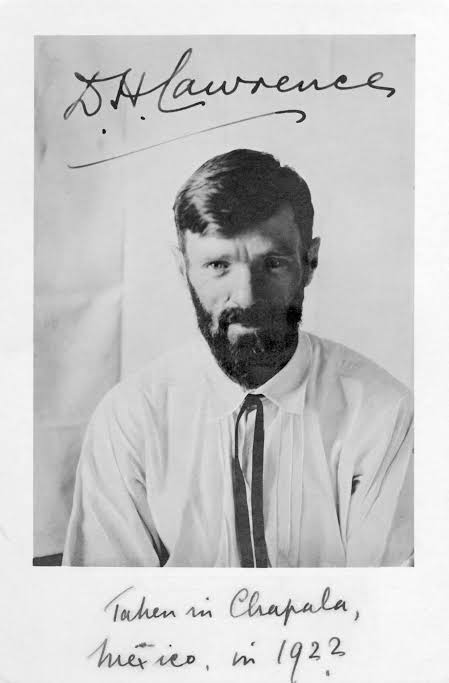Rooms
Room A: The room where you watched the sun set with a dyslexic boy you named Squirrle
Room B: The room where your rejected lover tapped a Morse code against his shaved head
Room C: The room where your father-on-parole hid his little tin men under your bed. At night, they marched and drummed and sang German beer songs until you cried Uncle
Room D: The room where Penny dropped her glass eye and you could never hold her in the same way
Room E: When you’re 3 sizes too big for everything and can’t stretch backwards or sideways, you’ll reconstruct the room as floating space
Room F: Where you shared popcorn with a pickpocket who snuck rare coins into your dirty jeans
Room G: Where your brother returned home with his junkie love
Room H: The visiting nun who forgot to close the door to your room and left you to melt
Room I: When the room collapses from a fire, you are lighter than ash
Room J: The room where a boy named Jesus played banjo until your knees bled
Room K: The room where you gave birth to another room
That 70s Show
It was different then. We were as careless as near sighted thieves. We drank rock & rye until our hearts were too water-logged to beat an even rhythm. We dated people who didn’t believe our real names. We re-invented ourselves in the dark and couldn’t see what we made. We finally met again adrift in an empty ocean. “Are you floating alone?” an old friend asked me. “Yes,” I said, still am.” He smiled wistfully the way he once did.
All-Night Diner
Today’s special: Death at a discount
Choices: charcoal broiled, braised, fried with onions,
or just quick & dry.
served with truffles and parsley echoes.
Orange mushrooms too, if you prefer.
Family Guy
you took the rap
for your starry-eyed
father who never
learned how to swim
or how to collect
snowflakes in a
petri dish.
they hung you
from a cloud
A Ku for Emily
The warmth of your mouth
My words form couplets & thaw
Mars Brocke has been published in Otolith, Ink in Thirds, and elsewhere. He loves old garage bands of the 60s and still adores Iggy Pop. He also loves soft-serve ice cream.

